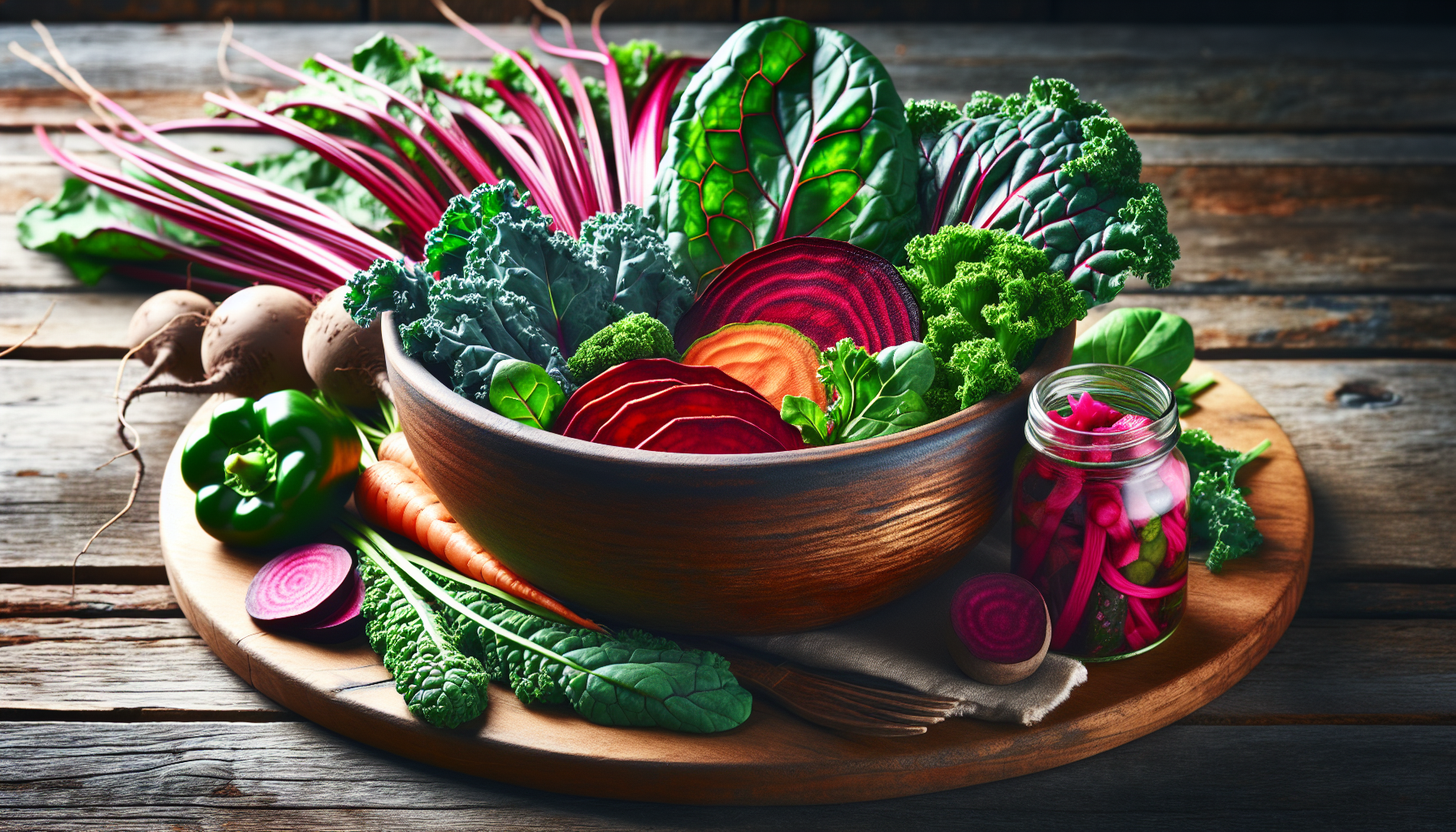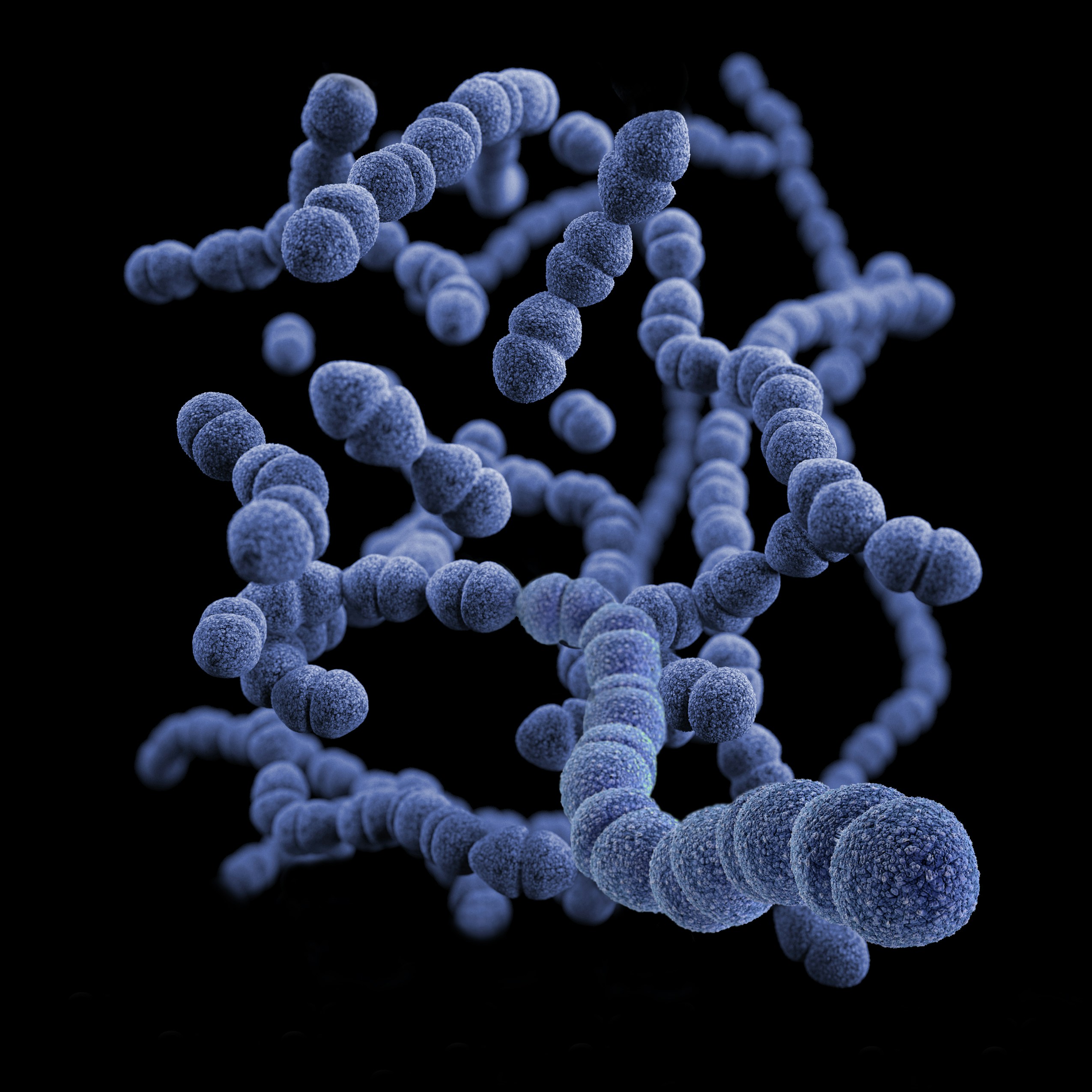Have you ever considered how the food you eat affects your body in ways you might not even realize? It’s fascinating how something so simple as your diet can play a significant role in your gut health and overall well-being. One aspect of nutrition that has been getting attention lately is the relationship between oxalates, histamine reactions, and gut health. In this piece, we’ll unpack these concepts and help you understand their intricate connections.
Understanding Oxalates
Let’s start from the beginning. Oxalates are naturally occurring compounds found in certain foods. You might find them in leafy greens, nuts, seeds, and some fruits. While most people can handle oxalates in moderation, certain individuals—especially those with specific health conditions—may need to be mindful of their intake.
Why Do Oxalates Matter?
You might wonder why oxalates have become a point of discussion. For some, high oxalate foods can lead to health issues, especially if there’s a predisposition to certain conditions like kidney stones. The body can absorb oxalates from the digestive tract, and excess oxalate can bind with calcium in the kidneys, resulting in the formation of stones. So, if you tend to have kidney stones or experience unusual digestive issues, paying attention to oxalate intake could be beneficial.
Histamine: The Immune Response
Now, let’s take a closer look at histamine. This compound is part of your immune system and plays a vital role in responding to allergens. When your body encounters an allergen, histamine is released, leading to symptoms like itching, swelling, and inflammation. It’s a natural part of your defense mechanism, but for some, it can cause more harm than good.
Histamine Intolerance
Histamine intolerance is an area of growing concern. Essentially, it occurs when your body has an excess of histamine or is unable to break it down effectively. This condition can manifest with a variety of symptoms, from digestive upset and headaches to skin reactions. If you suspect you might have histamine intolerance, you might want to evaluate the foods you’re consuming.
The Intersection of Oxalates and Histamine
You may be curious about how oxalates and histamines are interconnected. It turns out they can influence one another. Oxalates can trigger histamine release in some sensitive individuals. The body’s reaction to oxalate consumption can cause an increase in histamine production, leading to unwanted symptoms.
How Do They Interact?
The interaction between oxalates and histamines is multifaceted. When oxalate levels are high, particularly in individuals predisposed to histamine issues, this can create a cascade of reactions in the gut. For example, the absorption of certain nutrients can be affected, resulting in digestive discomfort. Here’s a simplified breakdown of how it all ties together:
| Factor | Impact |
|---|---|
| Oxalate Consumption | Can trigger histamine release |
| Histamine Release | May exacerbate digestive issues |
| Nutrient Absorption | Impaired by both high oxalate and histamine sensitivity |
Gut Health: The Core Connection
Gut health is a topic that has garnered immense attention in recent years. It’s often said that the gut is the second brain due to the way it processes food and communicates with the rest of the body. Maintaining a healthy gut is crucial for overall health.
Why Gut Health Matters
Your gut is not just a place for digestion. It plays a role in your immune system, mental health, and even disease prevention. An imbalanced gut microbiome can lead to various health issues, including digestive disorders, autoimmune diseases, and even mood fluctuations. It’s essential to ensure that your gut is thriving, especially if you’re dealing with dietary sensitivities like oxalate or histamine reactions.
The Role of Food in Gut Health
What you eat directly impacts your gut health. Consuming a diet high in processed foods and sugars can harm your gut flora, while a balanced diet rich in fiber, fruits, and vegetables can support a healthy microbiome. Being mindful of oxalate and histamine levels in your diet can also help maintain a healthy gut.
Managing Oxalate and Histamine Sensitivities
If you think you might have oxalate or histamine sensitivities, it’s crucial to take proactive steps to manage your symptoms.
Identifying Trigger Foods
The first step is identifying which foods trigger your symptoms. Consider keeping a food diary to track what you eat and any reactions you may experience. This can help you pinpoint specific oxalate-rich or histamine-rich foods that may be problematic for you.
Dietary Adjustments
Once you’ve identified your triggers, the next step is making dietary adjustments. For those sensitive to oxalates, it may be beneficial to limit foods high in oxalates like spinach, beets, and certain nuts. Conversely, if you find histamine-rich foods cause issues—including aged cheeses, fermented products, and processed meats—you’ll want to reduce those as well.
| Food Category | High Oxalate Foods | High Histamine Foods |
|---|---|---|
| Vegetables | Spinach, Swiss chard, beets | Tomatoes, avocados, eggplants |
| Fruits | Raspberries, starfruit | Bananas, strawberries |
| Nuts & Seeds | Almonds, cashews, peanuts | Walnuts, sunflower seeds |
| Other | Dark chocolate, tea | Aged cheese, fermented foods |
Gradual Reintroduction
If you’ve eliminated certain foods from your diet, you might consider a gradual reintroduction to see how your body responds. This can help you better understand your thresholds for oxalates and histamines, allowing you to create a more manageable and enjoyable eating plan.
Healing the Gut
In addition to modifying your diet, healing your gut can have a significant impact on managing oxalate and histamine reactions.
Probiotics and Prebiotics
Incorporating probiotics and prebiotics can help restore balance to your gut microbiome. Probiotics are beneficial bacteria found in fermented foods like yogurt and kefir, while prebiotics are the fibers that feed these bacteria, commonly found in foods like onions, garlic, and bananas.
Reducing Inflammation
Inflammation can contribute to digestive issues, including those related to histamine and oxalate sensitivity. Incorporate anti-inflammatory foods into your diet, such as fatty fish, leafy greens, and foods rich in omega-3 fatty acids. Reducing inflammation can support better gut health and help manage your reactions.
Support Systems
If you’re feeling overwhelmed, remember that you don’t have to do it alone. There are resources and support systems available to help you navigate your dietary needs.
Working with Professionals
Consider consulting a registered dietitian or nutritionist who specializes in food sensitivities. They can provide personalized advice and meal plans tailored to your needs. Having a professional guide you through the process can ease some of the burden and give you confidence in your dietary choices.
Community and Resources
Looking for online communities or support groups can also be beneficial. Sharing your experiences with others who understand your challenges can provide a sense of camaraderie and support. Many individuals find comfort and valuable tips by connecting with like-minded people.
Celebrating Your Journey
As you navigate the complexities of oxalate and histamine reactions, don’t forget to celebrate your progress. Learning to listen to your body and making dietary adjustments is an incredible journey of self-discovery. Each small step you take toward improving your gut health matters.
Finding Joy in Food
Remember, food is not just fuel; it’s also a source of joy and connection. While you may encounter challenges along the way, finding ways to prepare meals that satisfy your dietary needs and bring pleasure can be rewarding. Explore new recipes and cooking methods that embrace your dietary requirements without sacrificing taste.

Conclusion
The relationship between oxalates, histamine reactions, and gut health is complex but important to understand. By learning about your body’s unique responses and making informed dietary choices, you can take control of your health.
As you reflect on your journey, remember to be patient with yourself. Each day presents an opportunity for learning and growth. With time, you’ll gain a better understanding of what works best for you and how to enjoy your meals while being mindful of your health. Embrace this path with openness, and may it lead you to a healthier, happier you.




